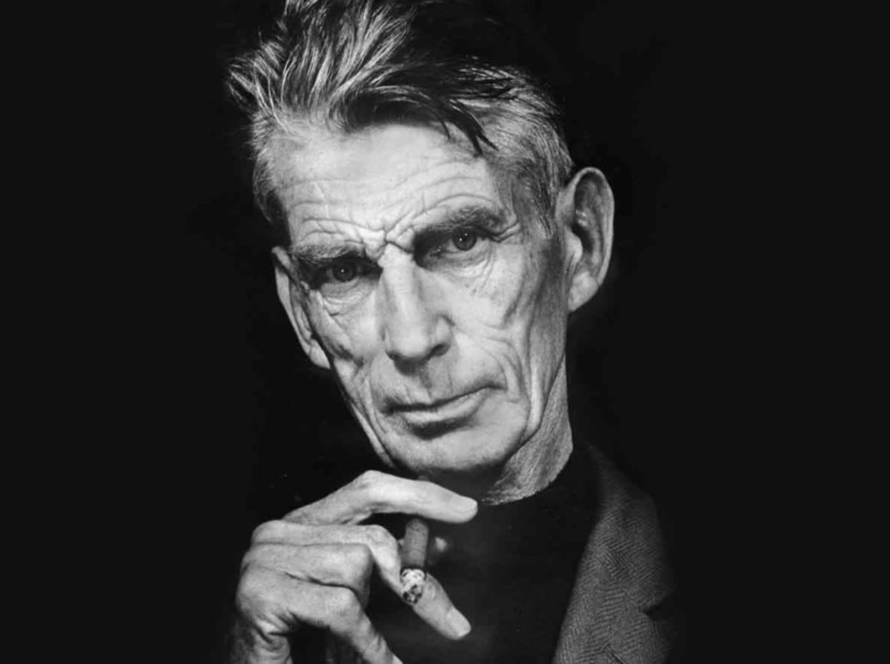Salman Rushdie, born on June 19, 1947, in Bombay, India, is a British-Indian author renowned for his bold, imaginative writing and provocative exploration of themes such as identity, religion, and cultural clash. Through his groundbreaking works, Rushdie has challenged conventions, pushed boundaries, and established himself as one of the most influential and controversial voices in contemporary literature.
Rushdie’s multicultural upbringing played a pivotal role in shaping his perspective and literary style. Raised in a Muslim household, he later attended British schools and immersed himself in Western literature. This rich blend of cultural influences contributed to the unique tapestry of his writing, which combines elements of magic realism, myth, and political commentary.
Rushdie’s most notable work, “The Satanic Verses,” published in 1988, sparked a firestorm of controversy. The novel explored themes of religion, migration, and identity, delving into the complexities of Islam and its intersection with the modern world. The book’s depiction of religious figures and its perceived blasphemy led to a fatwa being issued against Rushdie by Ayatollah Khomeini, the Supreme Leader of Iran. The ensuing years of living under threat and in hiding marked a turning point in Rushdie’s life and elevated him to the forefront of discussions on freedom of speech and artistic expression.
Rushdie’s writing is characterized by its lush, vivid imagery and intricate storytelling. His works, such as “Midnight’s Children,” “The Moor’s Last Sigh,” and “Haroun and the Sea of Stories,” weave together historical events, mythology, and contemporary themes, creating intricate narratives that reflect the complexities of the human experience. Rushdie’s exploration of cultural identity, migration, and the clash of East and West resonate with readers and shed light on the challenges of living in a globalized world.
Salman Rushdie’s literary achievements have been widely recognized and celebrated. He has been awarded numerous prestigious honors, including the Booker Prize for Fiction in 1981 for “Midnight’s Children.” Rushdie’s work has influenced a generation of writers, with his inventive storytelling and bold exploration of themes setting new standards for contemporary literature.
Beyond his literary contributions, Rushdie has been an ardent advocate for free speech and human rights. He continues to be a vocal supporter of writers’ freedom and the power of storytelling as a means of fostering understanding and empathy.
Salman Rushdie’s literary genius and fearless exploration of complex themes have solidified his place as a literary giant. His works challenge conventional narratives, pushing readers to question their assumptions and delve into the complexities of culture, religion, and identity. Despite the challenges and controversies he has faced, Rushdie remains an unyielding voice in the pursuit of artistic freedom and the power of literature to bridge divides. Salman Rushdie’s profound impact on literature and his unwavering commitment to storytelling ensure his place among the most influential and thought-provoking writers of our time.
Shame is like everything else; live with it for long enough and it becomes part of the furniture.
Salman Rushdie
Books choose their authors; the act of creation is not entirely a rational and conscious one.
Salman Rushdie
The idea of the sacred is quite simply one of the most conservative notions in any culture, because it seeks to turn other ideas -uncertainty, progress, change – into crimes.
Salman Rushdie
One of the extraordinary things about human events is that the unthinkable becomes thinkable.
Salman Rushdie
If you want to tell the untold stories, if you want to give voice to the voiceless, you’ve got to find a language. Which goes for film as well as prose, for documentary as well as autobiography. Use the wrong language, and you’re dumb and blind.
Salman Rushdie
Literature is where I go to explore the highest and lowest places in human society and in the human spirit, where I hope to find not absolute truth but the truth of the tale, of the imagination and of the heart.
Salman Rushdie
A book is a version of the world. If you do not like it, ignore it; or offer your own version in return.
Salman Rushdie
I am the sum total of everything that went before me, of all I have been seen done, of everything done-to-me. I am everyone everything whose being-in-the-world affected was affected by mine.
Salman Rushdie
The liveliness of literature lies in its exceptionality, in being the individual, idiosyncratic vision of one human being, in which, to our delight and great surprise, we may find our own vision reflected.
Salman Rushdie
Names, once they are in common use, quickly become mere sounds, their etymology being buried, like so many of the earth’s marvels, beneath the dust of habit.
Salman Rushdie
Reality is a question of perspective; the further you get from the past, the more concrete and plausible it seems – but as you approach the present, it inevitably seems more and more incredible.
Salman Rushdie
The novel does not seek to establish a privileged language but it insists upon the freedom to portray and analyze the struggle between the different contestants for such privileges.
Salman Rushdie
I have been a swallower of lives; and to know me, just the one of me, you’ll have to swallow the lot as well.
Salman Rushdie
I do not envy people who think they have a complete explanation of the world, for the simple reason that they are obviously wrong.
Salman Rushdie
We must conclude that it is not only a particular political ideology that has failed, but the idea that men and women could ever define themselves in terms that exclude their spiritual needs.
Salman Rushdie
I fell victim to the temptation of every autobiographer, to the illusion that since the past exists only in one’s memories and the words which strive vainly to encapsulate them, it is possible to create past events simply by saying they occurred.
Salman Rushdie
Language is courage: the ability to conceive a thought, to speak it, and by doing so to make it true.
Salman Rushdie
The acceptance that all that is solid has melted into the air, that reality and morality are not givens but imperfect human constructs, is the point from which fiction begins.
Salman Rushdie



